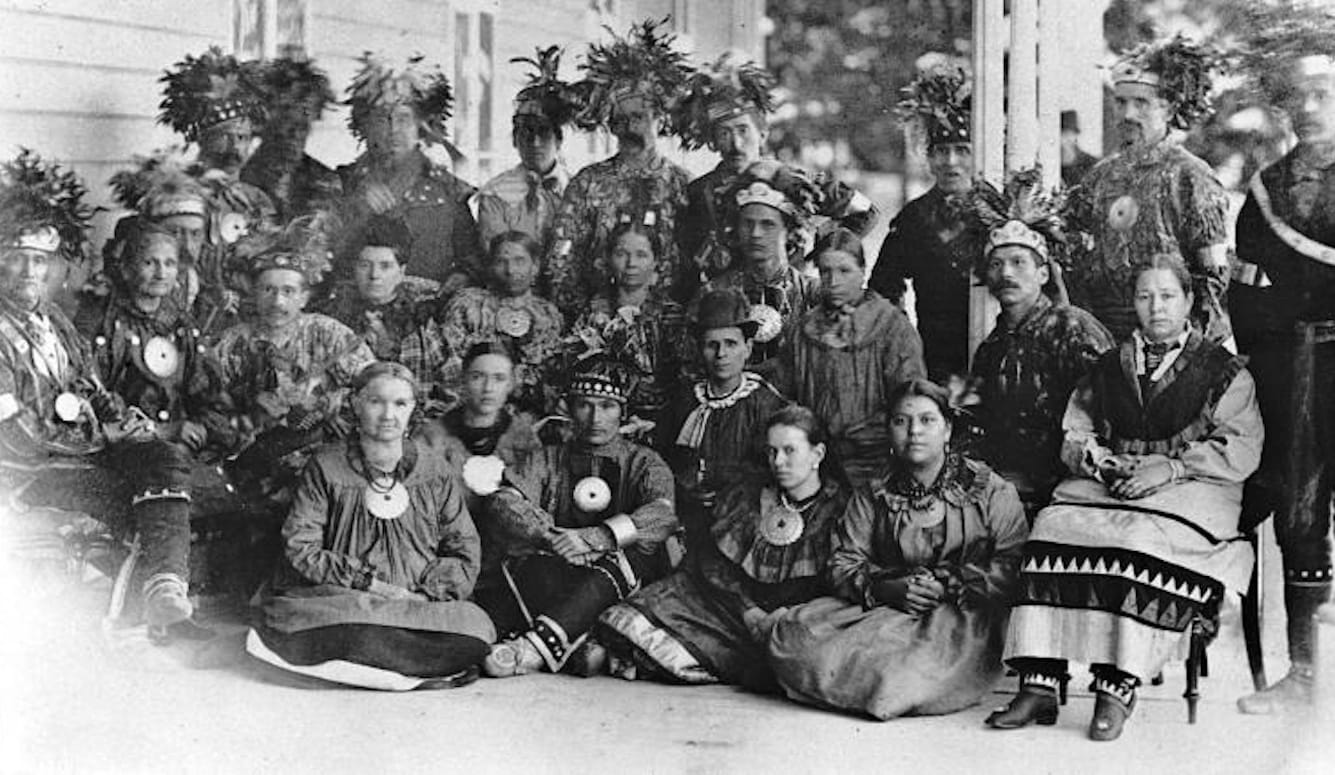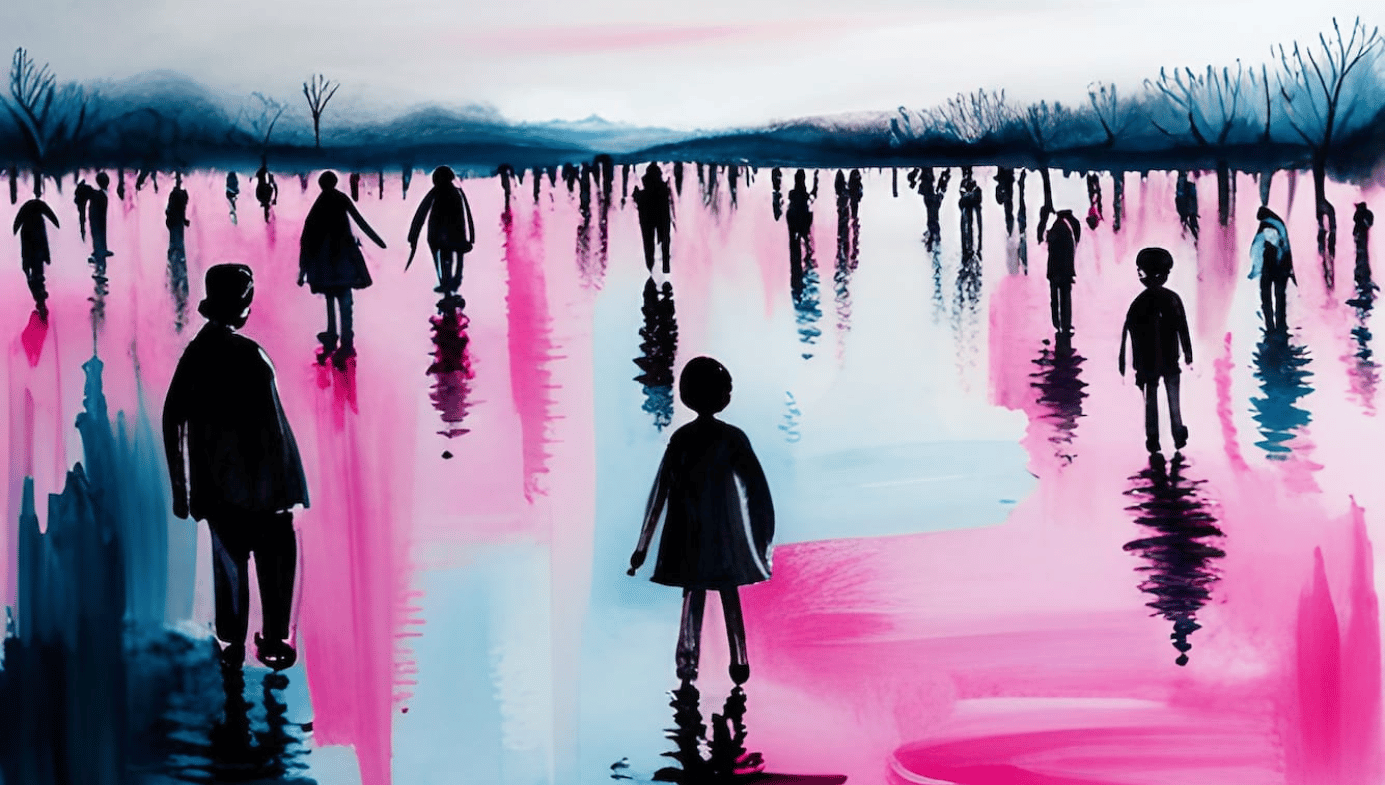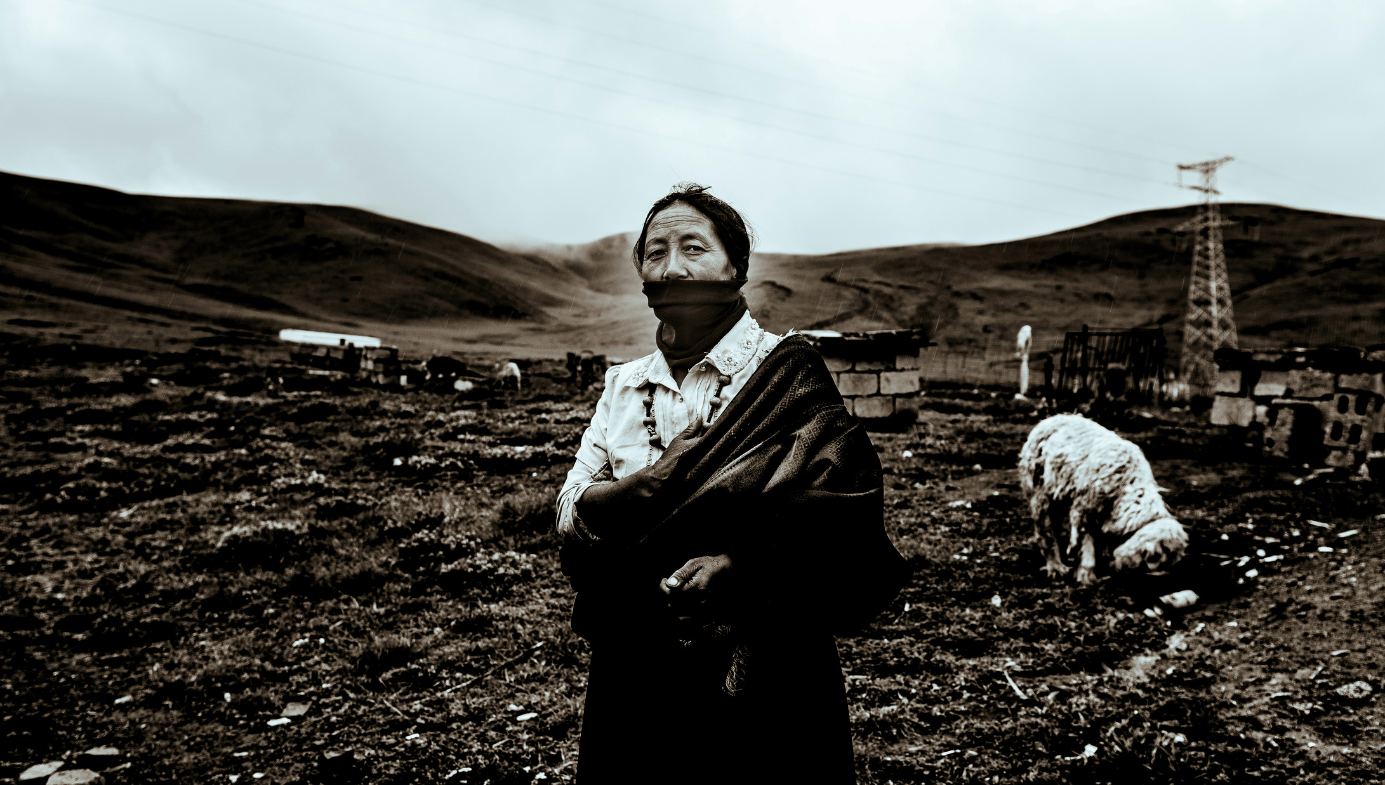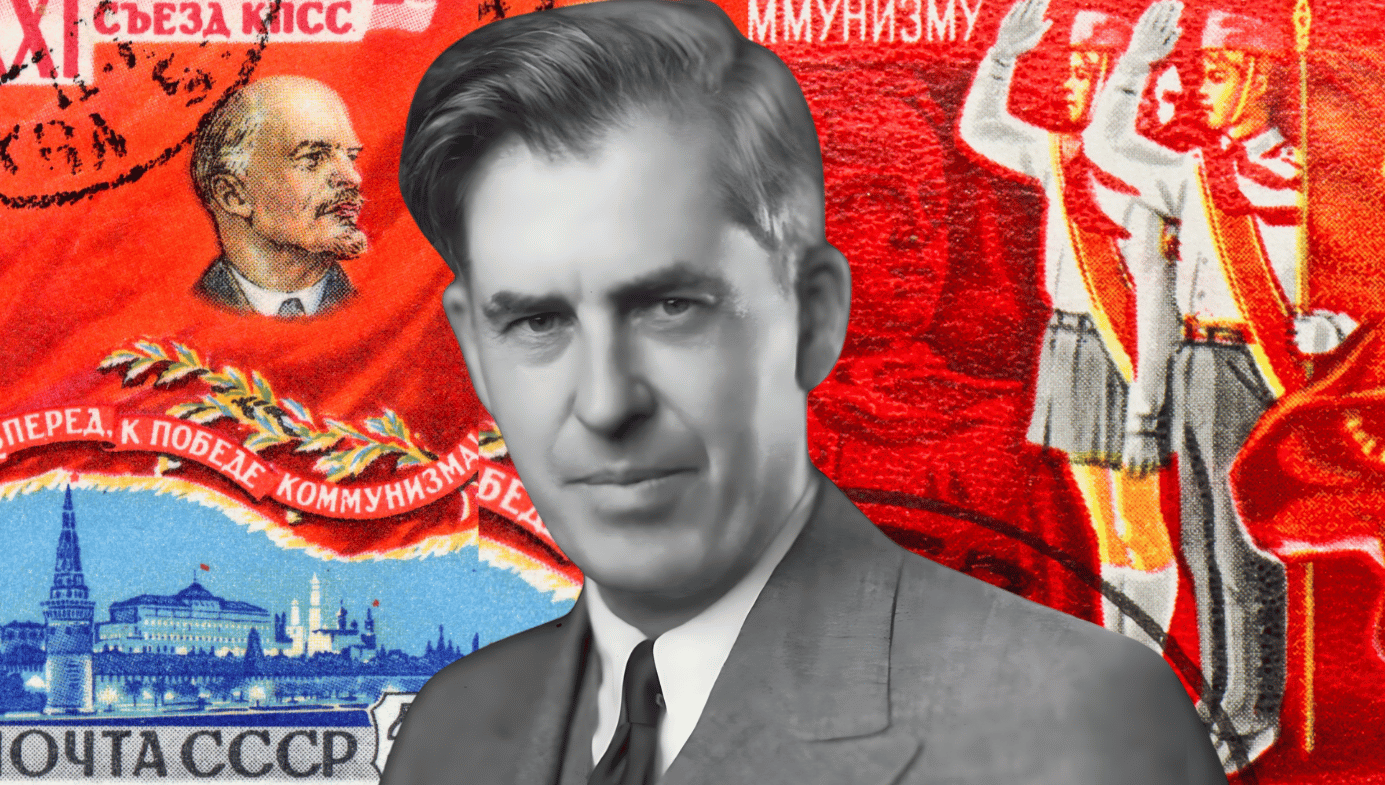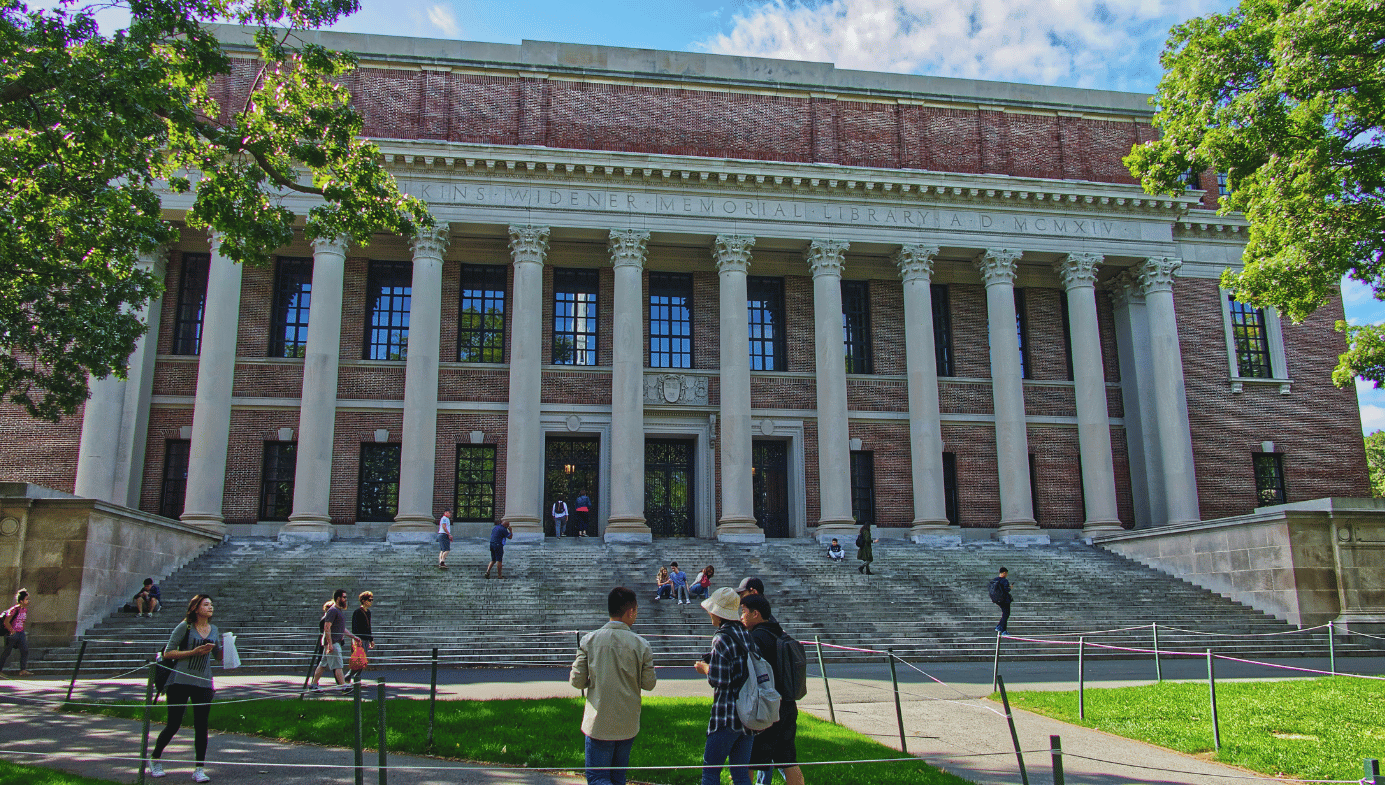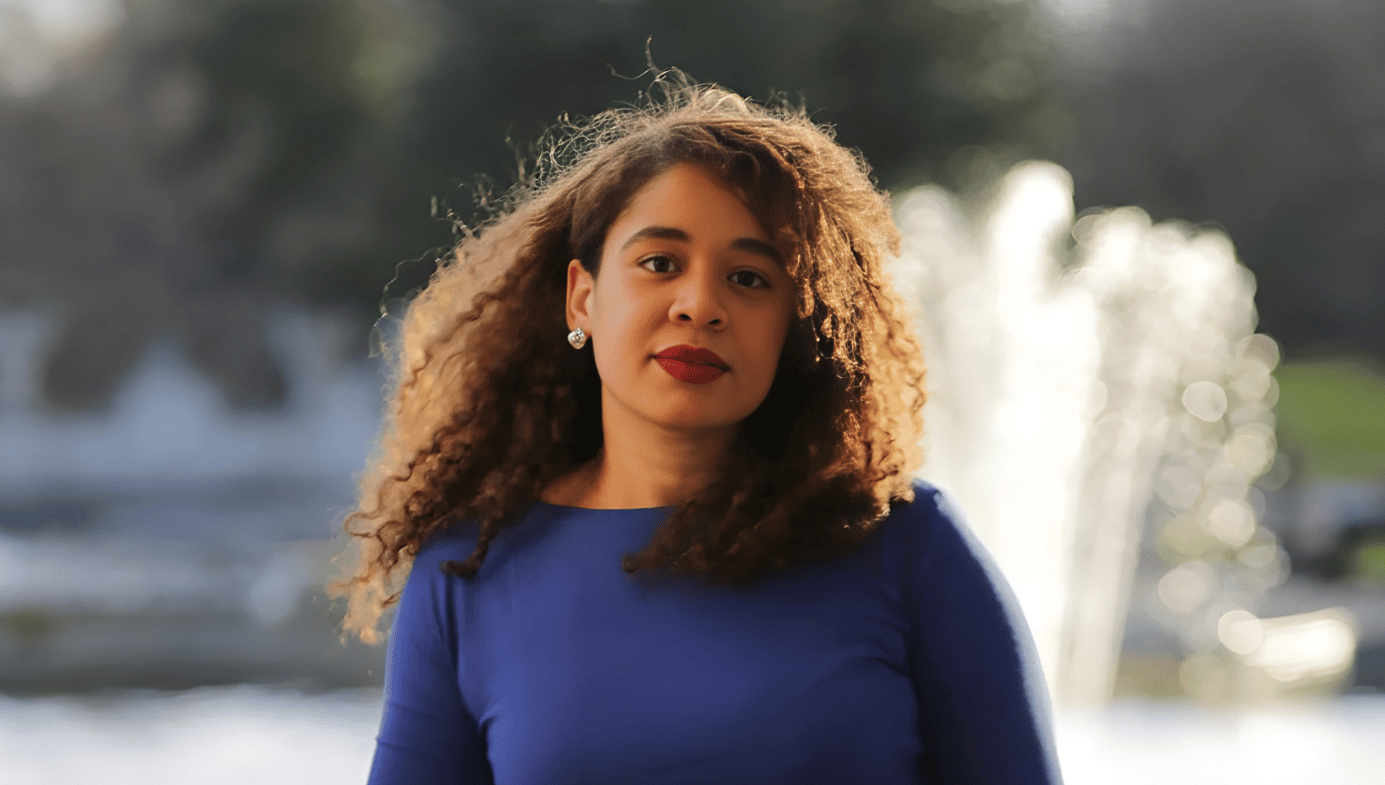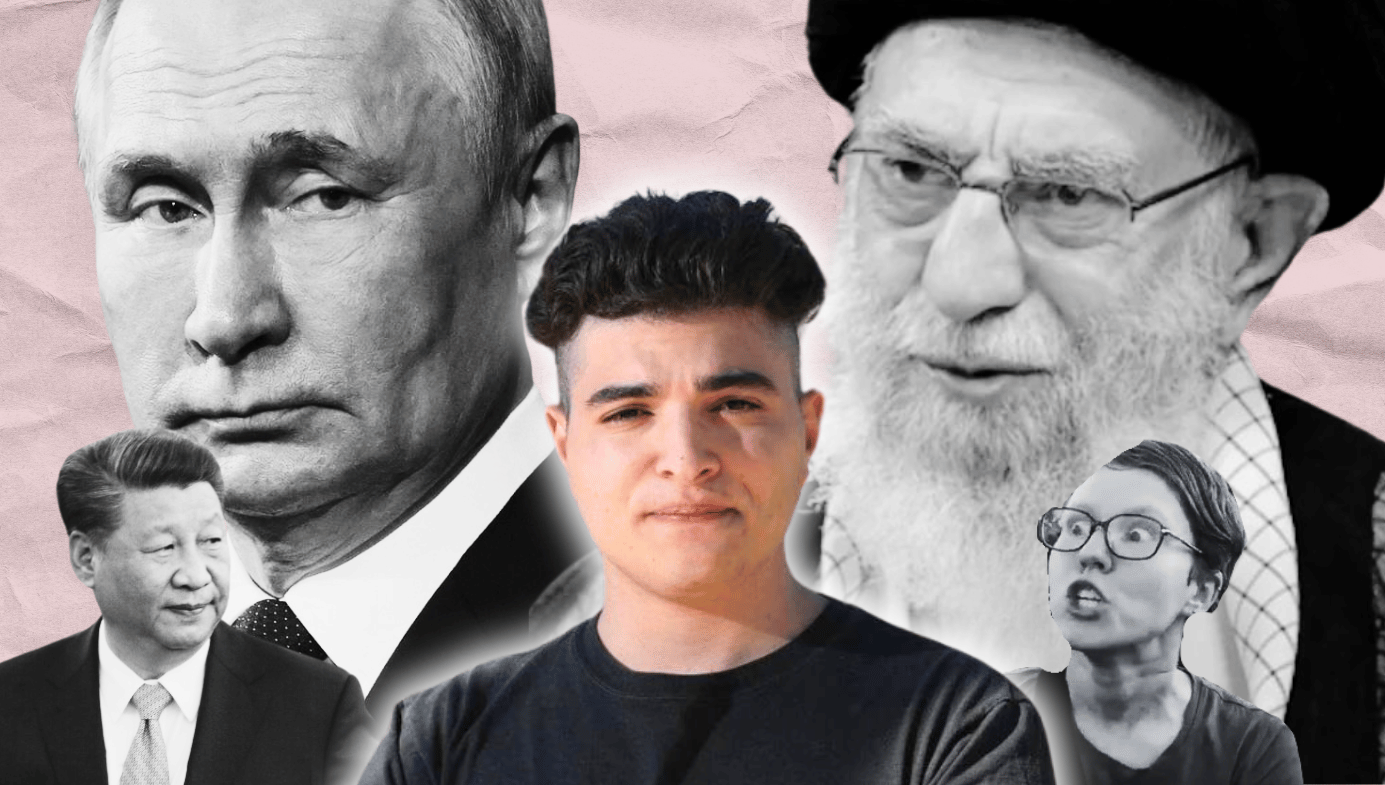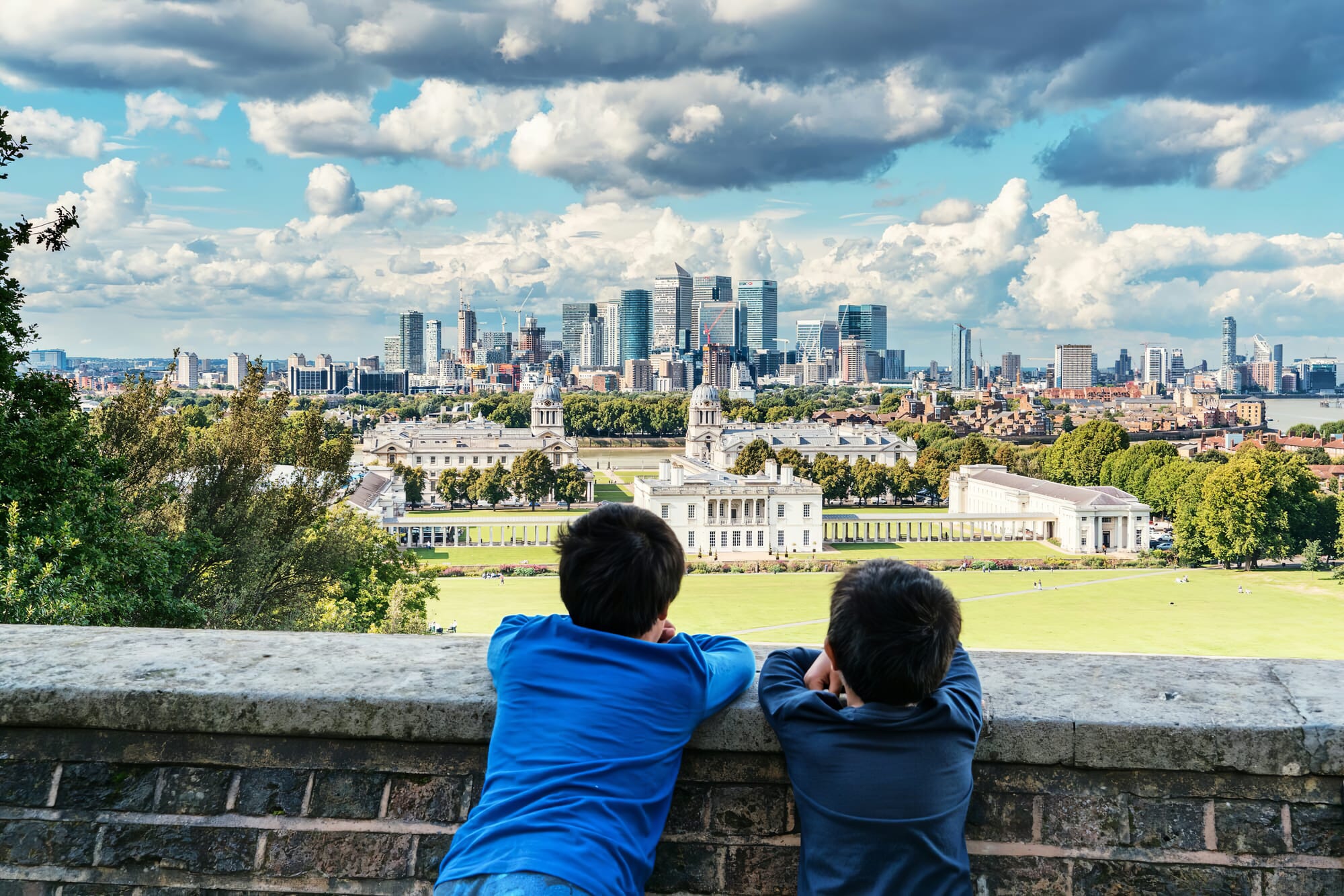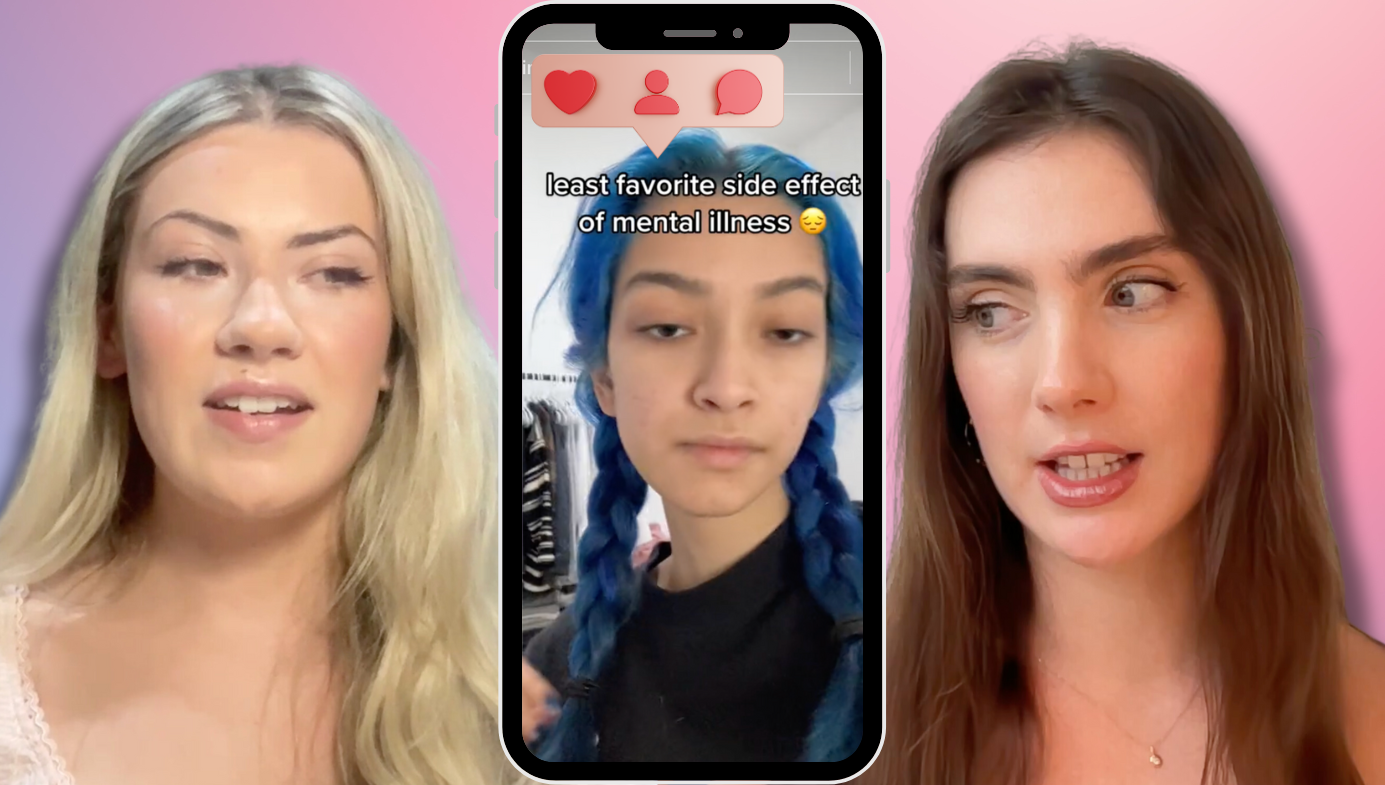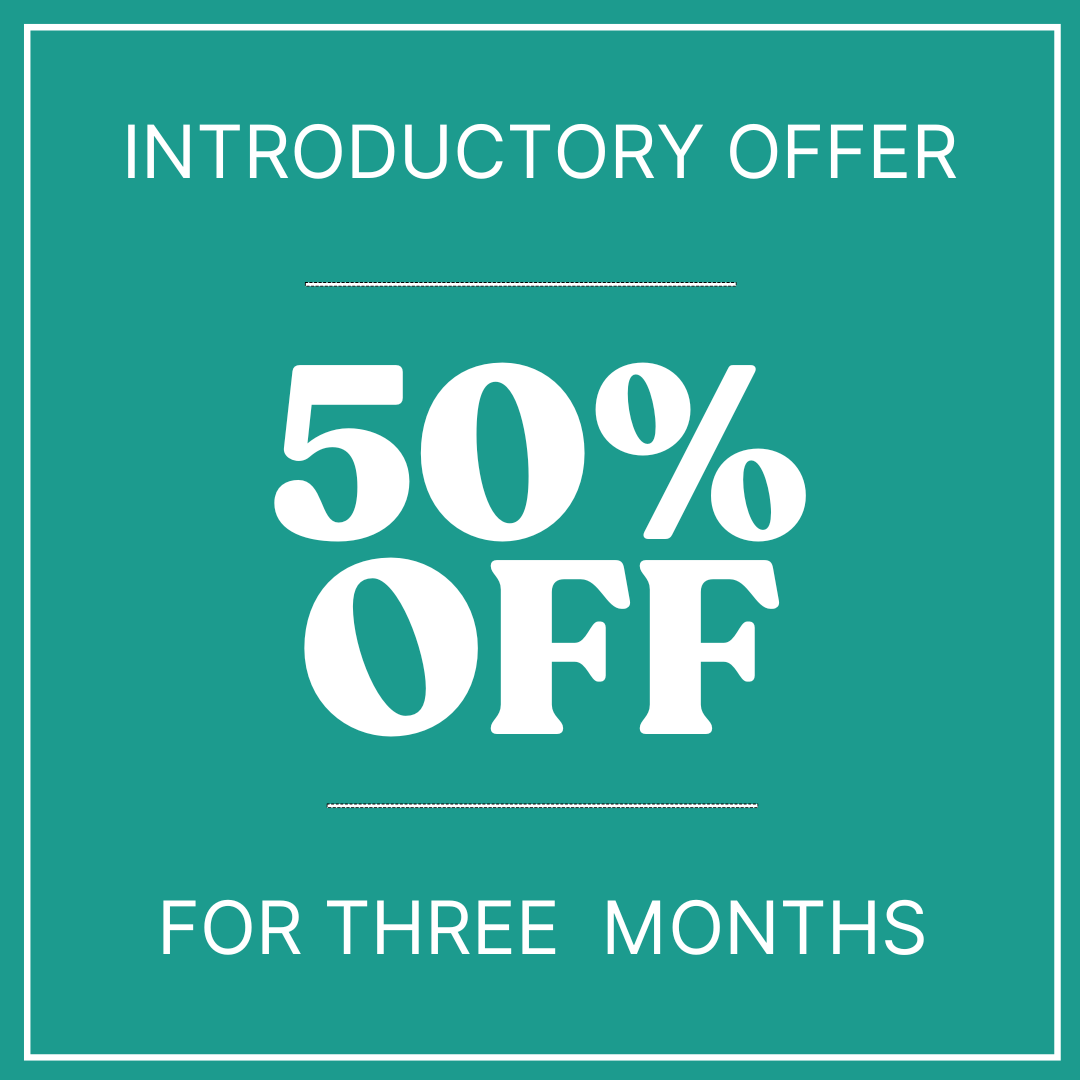Michal Cotler-Wunsh: “Jew Hatred Never Died, It Just Mutated”
An interview with Michal Cotler-Wunsh, Israel's Special Envoy on Antisemitism and a former member of the Knesset.
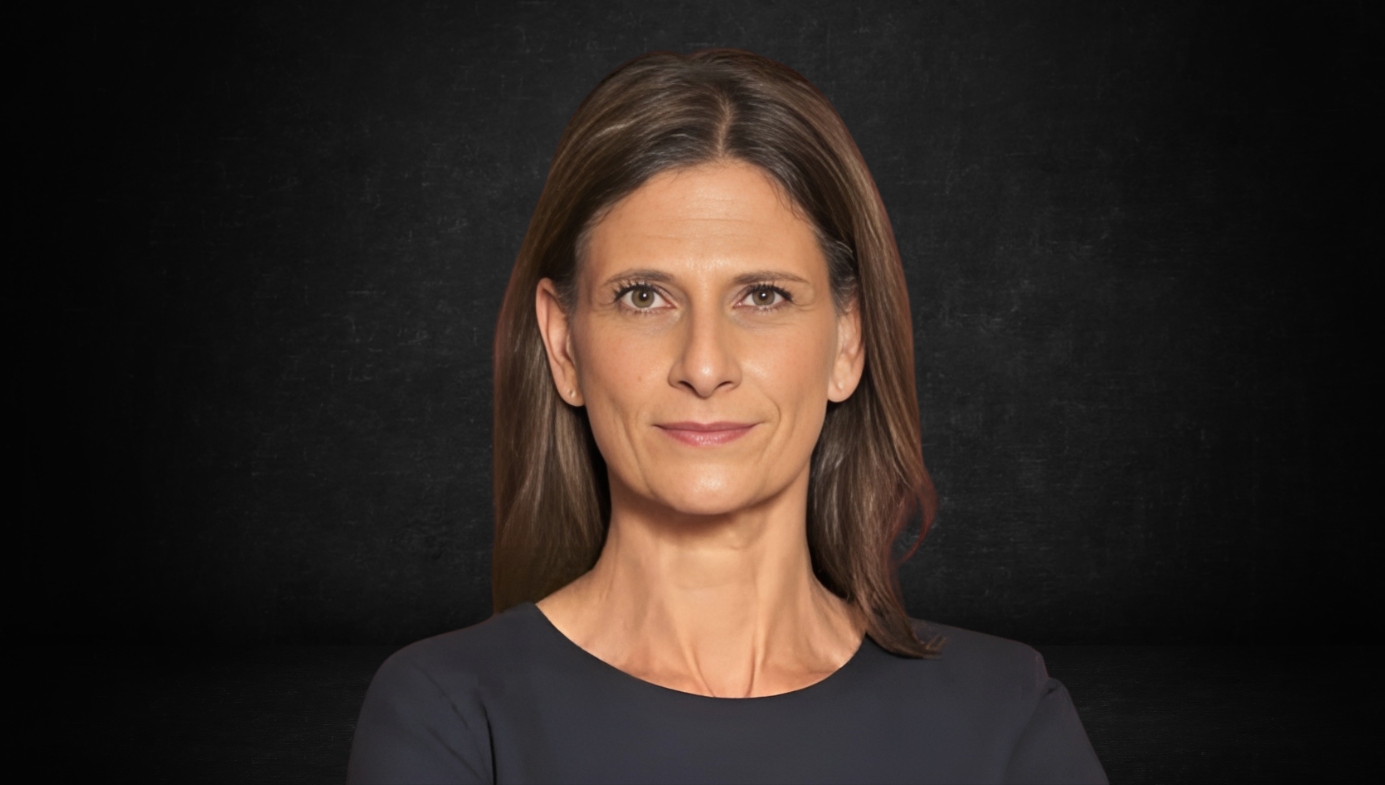
Pamela Paresky: So you are Israel's Special Envoy for Combatting Antisemitism. Tell me a little bit about that role and also tell me what you did before you came into that role.
Michal Cotler-Wunsh: So in many, many ways everything that I did before coming into this role prepared me to hit the ground running when appointed to this role. Whether it was international law, a human rights expert, an academic researching university spaces and the regulation of speech in university, or as legislator tackling online antisemitism.
I was appointed to this role as Israel's Special Envoy for Combatting Antisemitism just weeks before 10/7. It should be mentioned that there is a coalition of Special Envoys for Combatting Antisemitism. So, there are about 30 of us from countries around the world: the United States, Canada, many of the European countries, the European Parliament, South American countries. That's just a testament to the devastating fact that antisemitism has been on the rise, increasing in all of those countries, pretty much systematically and therefore requiring the appointment of a person to this role of monitoring and combating antisemitism.
Israel joined a little bit later in the game. I'm Israel's second Special Envoy for Combatting Antisemitism. At the critical moment of 10/7, I think that it is a really incredibly important time to be in this role. I think it's an existential moment not just for the State of Israel, not just for the Jewish people, but for the foundations of democracies. I think that there is an intersection that's very important for all of the Special Envoys for Combatting Antisemitism and certainly for Israel's.
PP: So what is your charge? What is the most important aspect of your role?
MC-W: Had you asked me that before 10/7, I would have responded that the most important aspect of the role is to create a national strategy and unroll it. A national strategy for the State of Israel not only in identifying and combating antisemitism internationally and understanding that the State of Israel, as the nation state of the Jewish people, has an exceptional role in being able to not only roll out its own national strategy but also a national strategy that will work simultaneously with other national strategies.
As I was appointed just three weeks before the war, what has happened is much more of an emergency, existential interaction with what I mentioned before are the battle fronts where this unconventional war for public opinion has been raging to demonise and delegitimise and apply double standards to the State of Israel, the proverbial Jew among the nations.
The international institutions, the UN, UNRWA, other international organisations including the International Court of Justice at the Hague, all of them are actually a manifestation of the co-opting and weaponisation of international institutions, of international principles, of international guidelines that were created post-World War II as the international rules-based order to ensure that "Never again."
Then, of course, there are the academic spaces. What we have seen on university campuses is this unfathomable backlash attacking Jews in the wake of the atrocities of 10/7. That is something to be explored. I think it does intersect with additional processes that academic spaces have been undergoing with regards to the regulation of speech on university campuses. The intersection of that with antisemitism on campuses has been explosive, including in the hearings in Congress, in the fact that calling for the genocide of Jews on university campuses is not a violation of codes of conduct, or not clearly, or it depends on the context. Whereas—and this is the important part—calling for the genocide of any other group would not be considered legitimate or would be a violation of codes of conduct. So, that is this incredibly challenging moment in university spaces. Rather than see the barbaric atrocities for what they were and actually unequivocally condemn them, which would be a simple task because rape is not resistance and burning of whole families cannot be justified, in fact we've seen the opposite in university spaces. This is—and I've said this to university presidents, provosts, and chancellors—a moment of reckoning for the university spaces.
And, of course, finally, there's the digital spaces. I believe this is the first time that humanity is experiencing this kind of attack of barbarism on civilisation in a variety of digital spaces that, in many ways, are able to fuel but also predict and possibly prevent the real-world violence and real-world harm that happens online.
That has been the focus of the many meetings that I've had around the world and, of course, with the Jewish communities around the world. Because as Israel is the nation state of the Jewish people, having been appointed to the role of Special Envoy for Combating Antisemitism, I not only represent the State of Israel, but I am here to serve the Jewish people.
I think that there has been a really, really difficult moment of awakening. It still is a very difficult moment for Jewish communities around the world, discovering that it's "#MeToo unless you're a Jew," that we believe you, unless you're a Jew, discovering that children's organisations like UNWRA that were committed, or are supposed to be committed, to children's rights are enabling not just the trampling of children's rights but also the education, inculcation, and indoctrination of children with antisemitic hate, including by thousands of their own teachers, who are literally Hamas activists. That is a real moment of awakening for our people.
That has been the nature of the majority of the trips that I've taken abroad as emergency trips engaging in this role with a hope that there can still be a return to the original mission and the creation of a holistic strategy. Not only a strategy vis-à-vis engagement with the international arena, university campuses, and digital spaces and holding to account all of those spaces, but also turning the lens inwards to the State of Israel and for the first time recognising its role in identifying and combining antisemitism as something that we face together as a people and, being the nation state of that people, defining what that role is.
PP: Do you think that part of the reason there wasn't a real concern about antisemitism inside Israel was because the kind of antisemitism that's imagined is the kind that comes from Nazis, and we know the actual prototypical Nazis are gone essentially, and the kind of antisemitism that you have to grapple with here in Israel isn't defined as antisemitism, it's defined as terrorism?
MC-W: So I think you've hit on something that's very, very important. It's the understanding that this unconventional war that is raging is not just to do with what happens to Jews outside of Israel.
This unconventional war has to inform our entire understanding of national security inside of Israel. That enables us to identify the fuel of antisemitism because the same antisemitism that fueled the atrocities of the 10/7 massacre is the antisemitism that fuels the responses to the atrocities of the 10/7 massacre. It's the very same mutated, mainstream, modern strain of antisemitism, which is anti-Zionism. It is the negation of Israel's very right to exist. That was made very clear in the attack itself, where the attacks took place and in the way that the attacks took place. It had nothing to do with peace or with land or with a two-state solution. It had to do with our very presence, our very existence right here. Well, the exact same thing is actually mirrored in the responses to 10/7. "From the river to the sea" and "From the north to the south" actually echo the Hamas charter. Hamas is a genocidal terror organisation that, like Mein Kampf, openly states its commitment to annihilating the State of Israel and to murdering Jews worldwide. That is the response that we've seen around the world, including in demonstrations post-10/7.
One of the masks that was removed, brutally removed, is that the hatred that Jews face didn't die. It just mutated. While we're looking to find the repeat performance of the form that it took in the past—you mentioned Nazis—that's not how history works. It repeats itself in mutated forms. That means that the prospect of commitment of "Never again" post-Holocaust means "Never again" in the future. We can't prevent the past. "Never again" in the future demands that we remember the past so that we can identify the present threats and prevent the future recurrence of whatever it is that we are committed to making sure never happens again.
The vehicle that enabled genocide is demonisation, delegitimisation, and double standards. That can be done to the individual Jew, that's the traditional antisemitism that enabled the Holocaust, or towards the proverbial Jew among the nations that is the Jewish nation state Israel. That is the critical understanding that I think 10/7 made very, very accessible and clear to anybody who's willing to look into this open casket.
PP: Can you say more about the IHRA definition and how it should and shouldn't be used? Because I think some of the pushback against it is the thought that if you define antisemitism this way, then it becomes criminal.
MC-W: It's very, very important that we clarify the International Holocaust Remembrance Alliance's definition.
It's a working definition. It's not legally binding. You can't arrest anybody because they violated the IHRA working definition of antisemitism. It was created to be utilized as a resource. I even would say it's an educational resource, whether it's to educate children, university students, DEI officers, police officers, mayors, legislators, etc.
In order to be able to identify something, you have to define it first, and in order to be able to combat something, you have to be able to identify it.
Now, antisemitism has lasted for thousands of years. It's lasted for as long as the Jewish people have existed by mutating, usually according to the guiding social construct of the time. Religion, science, and the secular religion of human rights for social justice. Since it mutates, you have to be able to identify the new strains alongside the old strains in order to be able to identify and combat it. Post-COVID, we all understand that when viruses mutate the original strain doesn't die out. It doesn't disappear. It continues to mutate, and if you don't manage to inoculate your society, your space, or your campus, against the new strain of an ever-mutating virus, it will infect your space, your society, or your campus. That's assuming that we want to identify and combat antisemitism and not let it run rampant and we understand that it actually predicts many other forms of hatred and the way that they mutate too. It's not just about Jews or about the State of Israel.
The IHRA working definition gives us examples in order to be able to identify the various mutations and permeations of this ever mutating virus, including the current mutated mainstream strain of antisemitism that has presented itself as anti-Zionism or the negation of Israel's right to exist. When people say anti-Zionism is not antisemitism, anti-Zionism actually targets the identity of the majority of Jews and many non-Jews who self-define as Zionists. All Zionists who support the right of the State of Israel to exist, whether they're Jews or non-Jews, are actually barred from the equal and consistent protection of whatever infrastructure exists, whether it's at universities, DEI infrastructure, or in social media spaces. If you exclude or apply the infrastructure that is protecting everybody, you're applying it selectively and you're saying, well, it doesn't apply to David who happens to be a Jew or Sally who happens to self-define as a Zionist or Fred who just believes that Israel has a right to exist. What you've done there in that double standard is actually undermined the entire infrastructure.
PP: You're talking about how people self-identify. Somebody might say that their primary identity is as a member of a racial group or their sexual orientation or some other characteristic that is important to them. You're saying that Zionism is actually an identity category?
MC-W: We would be remiss if we didn't understand it as part of the sort of decades-long demonisation, dehumanisation, and double standards.
If you want to pinpoint a highlighted moment, it is the 1975 UN resolution of Zionism is racism. That resolution has become sort of commonplace and mainstream on 2024 university campuses. It is actually one of the first moments in which this Soviet propaganda that turns Zionism into racism, Israel into an apartheid state, and now Israel into a genocidal committer of a Holocaust, became mainstream. Each one of those claims is actually a blood libel that builds on the next step of where we've reached.
We live in a time where people get to self-define and nobody is able to tell you that you cannot self-define with that identity group, except if it's this identity: Zionism, that happens to be one that comes or is directly linked to a heritage and an ancestry of a prototypical indigenous.
PP: So what is the definition of Zionism?
MC-W: It's the thousands of years of ancestry that Jews carry with them, and not all Jews have to carry it.
When I say we are Jews or a prototypical indigenous people, that means that for thousands of years, Jews have spoken the same language, Hebrew, and read the same book, the Bible, and traversed the same land, Israel, and practiced the same customs and rituals. You cannot ask me to shed that Zionist pound of flesh and still be the whole person that I am. I am a member of a prototypical indigenous people. For thousands of years, my ancestors, some of whom lived here and some of whom did not, prayed and yearned and longed to return to Zion.
In my case, my grandfather from Iraq was exiled alongside 850,000 refugees from Arab lands in Iran, and returned to Zion, and that's what we prayed for.
Zionism is the progressive, national liberation movement that enabled the return of that prototypical indigenous people to return to an ancestral homeland based on thousands of years of yearning and longing and prayer.
If we turn Zionism into racism in today's world, then Zionism doesn't merit any protection. There's no protection for racists. We're now at 23 years of graduates that not only think that Zionism is racism but also believe that Israel's an apartheid state. Then it's a small wonder that we arrive at 2024 in the aftermath of the worst attack on Jews since the Holocaust and the Orwellian inversion of fact and of law accusing Israel, when it defends itself from genocidal terror, of committing genocide. That Orwellian inversion, I think, in many ways informs the conversation that comes out of that infrastructure that we spoke about before.
But it is in many ways a part of the division of the world between oppressed and oppressor and victim and victimiser. It applies that story to me and to my people, and that is just not our story. That actually is the most troubling part of this. That in many ways I have been put into a story that is not mine.
PP: What is the Jewish story?
M C-W: This is a moment of reclaiming the Jewish story, and for us, the Jewish people, a moment in understanding that perhaps for the first time, Jews do not have to put down their heads when a tsunami of Jew hatred washes over us. We're in this unique intersection where we have a homeland, we have sovereignty, we have a defence force, so that when we say "Never again," we mean never again are we going to wait for anybody to come and save us.
With half of us here and the other half of us in the rest of the world we successfully built the first tier of this shared project. That is the miracle that is the 75-year-young State of Israel. But we're not done telling the story. I believe that we are writing the next chapter. Among the masks that were removed on 10/7 is a mask that was removed for us as a call to action, if you will, for writing this next chapter of what it means to build the next tier of this shared project of this miraculous return of an indigenous people to an ancestral homeland after millennia of exiled persecution, committed to equality.
That's not me saying that's Israel's declaration of independence. That's Ben-Gurion's prophetic text that actually is a call to action for our generation wherever we live, in Israel and around the world, to engage in this post 10/7 reality that removed the mask that says to us, "What is our story?" and to reach back into the understanding of why we returned to this specific place with Zionism as that progressive national liberation movement and what it means for us today as a reclamation of identity wherever we live.
That's the first piece of it.
The second piece of it is our allies around the world, and I believe we have many. It's the understanding that no matter what countries we live in, the integration of Jews over time has come to this halt and people have had to lose friends not because they've done anything wrong but because their people was attacked on 10/7. That is a real moment of reckoning in those countries.
I would say in particular in democracies. The barbarism of 10/7, the mask that it exposed, makes clear that it is not just about the State of Israel or about Jews around the world that are being attacked in a tsunami of antisemitism as a response to the massacre on 10/7. It is an affront to our shared humanity and to civilization itself. The rape and the burning of whole families and babies and the abduction and the mutilation and the murder, that is not progress. That can't pass in the name of progress, and there are many people across progressive spaces that have adopted a narrative that has to be questioned.
This is a moment of opportunity where we have to identify and transcend and reach across real and perceived difference of religion, of geography, of politics, of denomination, because there is a shared understanding amongst people that saw the atrocities of 10/7 and then saw the responses that are waving signs that say, "We are Hamas." That's akin to waving signs post 9/11 that say, "We are Al -Qaeda." Hamas is a genocidal terror organization, but one proxy of a murderous regime in Iran. This is a much bigger moment than an attack on Jews. We've said that what starts with Jews never ends with Jews. We may be the bloody canary in the mineshaft, but the mineshaft will collapse.
10/7 is not just a moment of crisis, but a moment of opportunity and responsibility to reach across and create and enable the reclamation of our identity, of Zionism as the progressive national liberation movement integral to the identity of the majority of Jews and many non-Jews, of what apartheid actually was, of what the Holocaust was in its memory, and of what genocide is. Genocide was a term coined by Raphael Lemkin to describe the worst atrocities one could imagine that had no term to describe them, atrocities too terrible to imagine, but not too terrible to have happened. This is a moment to reclaim that term from the Orwellian inversion of fact that I mentioned.
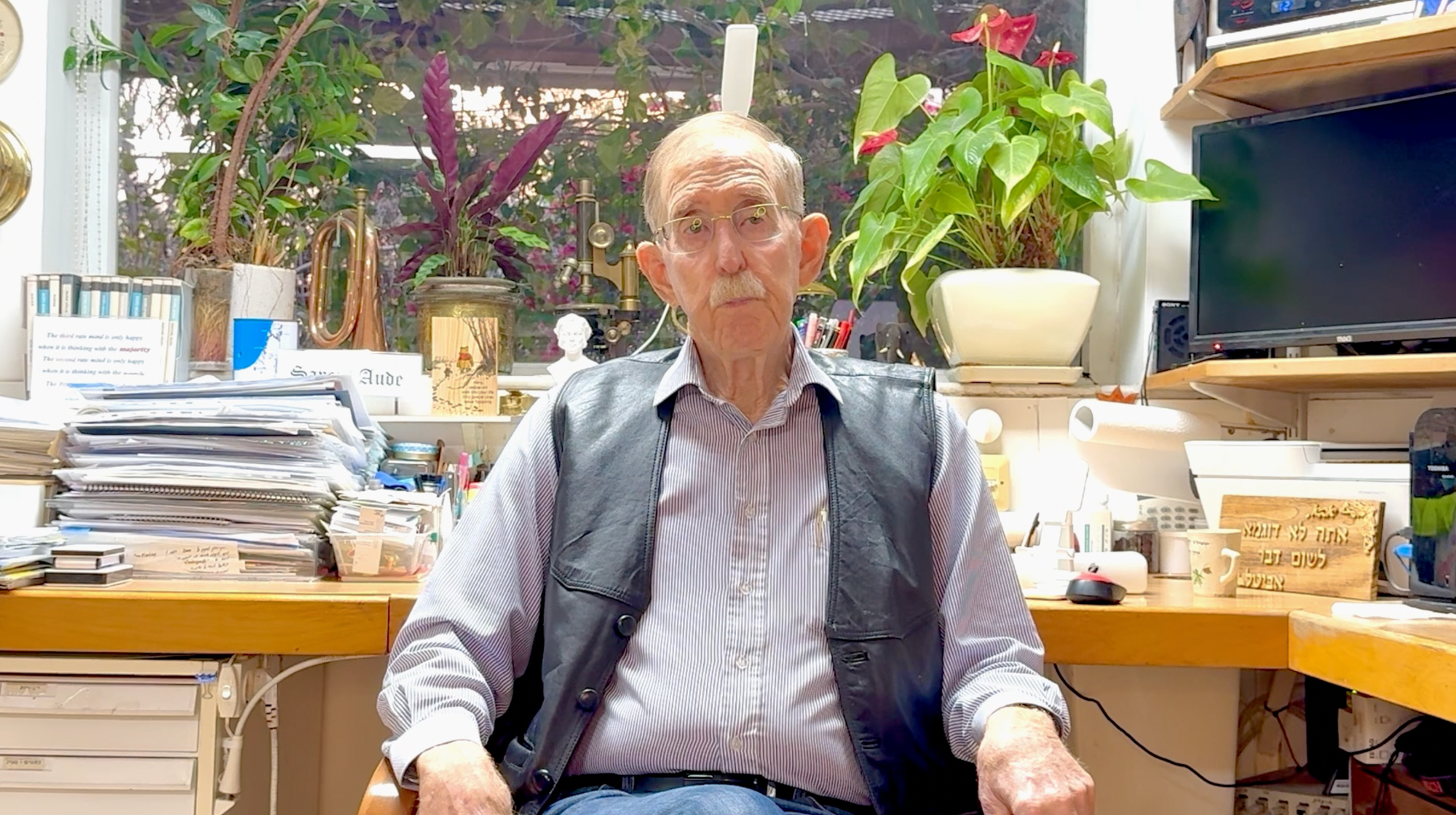
PP: International Holocaust Remembrance Day just happened on January 27th, during which at least two leaders, one the head of the UN and one, I think, the head of Ireland, managed to say something about the Holocaust without mentioning Jews. What's your take on that?
MC-W: I actually think that it's one of the most alarming manifestations of what I was referring to: the co-opting and weaponisation of historical facts, principles, and mechanisms that were created in order to ensure "Never again."
This isn't just about the Holocaust. Demonisation, delegitimisation, and double standards enabled the genocide in Rwanda and Bosnia. It's an entire process. It doesn't happen overnight.
That the Holocaust would be utilised in a way to erase Jews from the Holocaust is an affront to the lessons of "Never again." It means that it can happen again and again. If we're not going to recognize the mechanism, then the words "Never again" have no meaning.
It concerns me very much that, though we continue to have Holocaust curriculum, Holocaust curriculum without Jews and without the Jew hatred that fuelled the Holocaust means that we are failing at teaching precisely what "Never again" is supposed to do. It's meant to be "Never again" in the future because we cannot prevent the past.
There is a reason that Mein Kampf was found in Arabic all over Gaza. If we're not going to be able to connect the dots, then we are doomed to repeat history. I think that the most Orwellian co-opting and weaponisation of history and of terminology and of words is happening right now with the Holocaust and with genocide.
I keep mentioning the three D's, but there's another D that I would add to this, and it is denial. It took decades for there to be Holocaust denial, but for it to become a mainstream, legitimate sort of ideology, it took hours. Even as genocidal, barbaric savages were live streaming the atrocities of 10/7, denial began to kick in. Denial is the warning sign that tells us that we are about to repeat history because denial enables us to forget everything that we were supposed to learn.
PP: I noticed on Twitter there was this declaration that the Holocaust wasn't just about the Jews. That the word means essentially something bad happening to any group or maybe is interchangeable with genocide. That was fairly shocking to me.
MC-W: You're actually just highlighting again why the IHRA definition of antisemitism is so critical. One of its examples is Holocaust denial, minimisation of the Holocaust, or the complete ability to change the meaning of what it is that the Holocaust was.
The IHRA is so important for online spaces too. In my engagement as legislator forming an inter-parliamentary task force to combat online antisemitism, what we asked the social media platforms for was actually just transparency. For transparency of the algorithm, transparency of the policy, and transparency of the implementation of a policy. What happens online doesn't remain online. It has very real-world implications, including real-world violence and real-world harm. If we don't have that transparency, we don't even know where that comes from. Who is disseminating this kind of disinformation or misinformation? I don't want the social media platforms regulating what is or isn't disinformation or misinformation. I don't want them censoring or allowing. What I do expect is transparency to understand what it is that they're removing and what they allow to remain online and who they remove and who they allow to remain online.
Some of the social media platforms are committed to combating Holocaust denial. Well, they're not doing a very good job, are they? So, I would like to know what is their policy and how is the implementation of the policy going.
PP: That actually makes me think of Paul Kessler. I'd like you to talk a little bit about that.
MC-W: I really try and remind all of us that Paul Kessler was murdered in a demonstration in the United States of America. Paul Kessler was a Jew in the United States, holding an Israeli flag in support of a war that is raging in Israel, an existential moment in his people's history, and nobody remembers who Paul Kessler was. That to me is actually a moment of reckoning for the United States. That some people count more than other people and that Paul Kessler has been forgotten to me should devastate the United States and in fact create opportunities for a real deep conversation on how that can be.
The thing about antisemitism is we are hated for who we are and who we aren't. According to the alt-right, Jews will not replace us. We can never be white enough. According to the radical left, we are super white. In that intersection, Paul Kessler gets forgotten.
The fact that we haven't heard his name is probably the most troubling for me, and maybe that connects to UNRWA.
The thing about UNRWA, first of all, is that it was born in sin. UNRWA is the ultimate mirror of the double standards that I referred to before with regards to the State of Israel. It's a double standard with regard to refugees. In this case, Palestinian refugees. There is no other group of refugees that is granted refugee status in perpetuity. Imagine what it does to them. If you are a refugee forever, even if you've never been to the country which your grandparents were refugees from, then you have no chance of actually looking ahead and creating a better future for your grandchildren. It has prevented generations of Palestinians from looking to the future. Instead, they're looking to the past.
So not only was UNRWA created in sin, singling out one group as refugees, it's also been pouring billions of dollars in order to perpetuate a conflict in one area of the world that happens to be here in the State of Israel, in the Jew among the nations. And democratic countries are funding it with billions of tax dollars and these are democracies that would never teach the curriculum that's being taught by UNRWA schools. We also now know there were thousands of teachers celebrating the 10/7 massacre. Teachers. We should be shuddering. Teachers who held hostages in their homes being subsidised by democratic countries with the taxpaying dollars of people who would never, ever support that kind of hate in their own countries. To think that democratic countries would empower the terrorist infrastructure in the form of Hamas that not only targets Israeli civilians but that holds Palestinians as human shields, to think that democratic countries would enable that is a moment of reckoning for democracy.
Hamas is but one proxy of a murderous Islamic regime that does the very same thing to its own people. Iran has no intention of stopping with Israel. We may be on the front lines, as I said, as the proverbial canary in the mineshaft. We are on the front lines but we are on the front lines of civilisation. The good thing about authoritarian regimes is that they say what they mean and they mean what they say. You can just check the Supreme Leader's X account and see that he calls regularly for the annihilation of the small devil, the Zionist cancer that is Israel, and then the destruction of the big devil that is the United States of America. Unfathomably, that is what I was told on Stanford's campus too, just last week. We are going to make sure to destroy Israel and then destroy the United States. Those declarations make accessible what it is that I think all democracies have to begin to see. This is not just about Israel. It's not about just Jews. It really is a threat to the foundations of democracies and a threat to our shared values of life and of liberty.
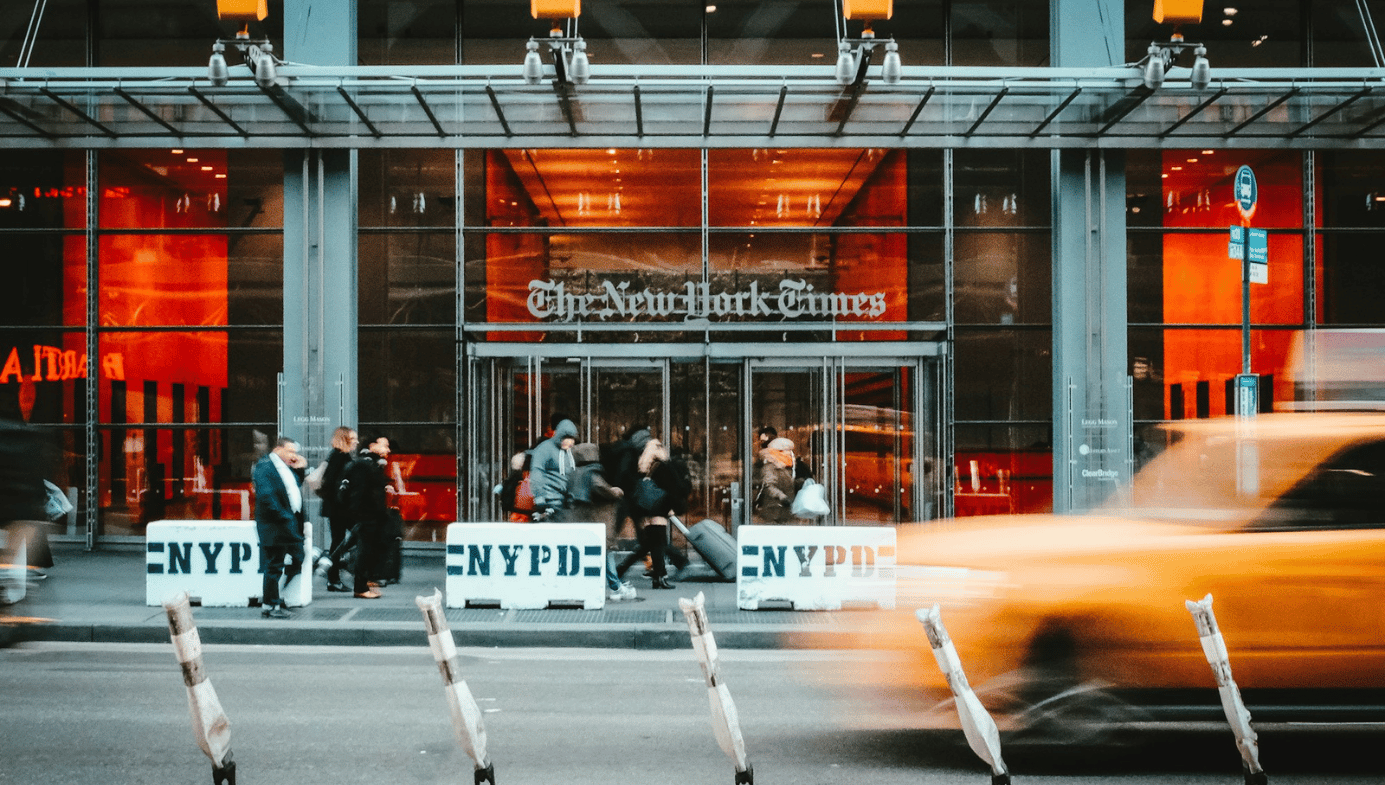
Part of what has actually energised me to keep going across the ocean is to try and show the existential nature of this moment for all of us who cherish those foundational principles of life and of liberty. It is an existential moment for all of us.
The amazing thing is, when I think about this, that there are many more of us that cherish civilisation than those of us that want to destroy civilisation as we know it. The only thing is that we're holding on for dear life to the differentiations of yesterday between right and left, between religious and secular, between Jew and non-Jew, and between geographies. 10/7, if we're looking, gives us an opportunity to see very well that our shared foundational principles are being threatened. That includes the weaponisation, as I said, of the very infrastructures that were created to uphold, promote, and protect these foundational principles and ensure they're applied equally and consistently so that the infrastructure remains. The UN and UNRWA and the ICJ, their weaponisation is very dangerous and very detrimental to all peoples, not just to my people. But it's also very dangerous to the civilisations and the spaces that enable antisemitism to fester and to continue permeating now. And it's dangerous not just for Jews on campus. If there is a call on university campus for the destruction of the United States of America, not just the State of Israel, then that is a challenge for the United States of America as much as it is for the State of Israel.
PP: I think nobody really takes seriously the idea that anybody who chants these things wants to literally dismantle the United States. That sounds like catastrophising, to use cognitive behavioural therapy language. Yet, now we see that people are truly articulating a desire to eradicate the State of Israel. Is it impossible to communicate this in a way that doesn't sound hysterical?
MC-W: When you look at what happened on 10/7, and I don't want to be graphic over and over again, but the burning of entire families, the raping of women so badly that their legs can't be straightened for burial, the mutilation of dead bodies, the necrophilia, the mutilation of live people and their burning to death, when you look at that and you don't see catastrophe, then I have a hard time accessible to you what catastrophe means.
I can't but think of Emmett Till's mother who makes the decision of burying Emmett in an open casket. She knows she's going to cause trauma to her own kids, to her own community, and to everybody in church that's looking into the open casket. She makes that very brave decision knowing that people will look in and see themselves and understand and be called to act in order to ensure that never again happens.
What concerns me is that the State of Israel opened up the casket and we saw the silence of the women's organisations, the children's organisations, and the international institutions. The silence and the impunity actually to me suggests that maybe we opened up the casket, but when the person, or the country, or the campus looks into the casket they don't see themselves. If they look in, the demonisation and the delegitimisation and the double standards says:
A: It's not me.
B: That's not a real person.
And finally, even if it is the Jew, it's just the Jew.
That is what concerns me the most about this moment of time when you say that it can be perceived as catastrophising. What happened was a catastrophe, not a microaggression. Societies have bred individuals that look at an actual catastrophe and don't see it as a catastrophe or don't see themselves as part of the target of that catastrophe or even worse are exhilarated by the catastrophe and think: "I'm on the right side of history and I'm going to perpetrate the catastrophe when it comes this way." That to me is really a huge red alert siren.
I have students saying to me, very often in my talks, "I've decided to come out." When I ask "Come out as what?" the answer is "Come out as a Zionist." They understand that they run the risk of social exclusion or bad marks or maybe not getting a job. We are at a war of ideas. That's what this is. We are in the midst of a raging war of ideas that Israel represents, that the United States represents, that democracy represents. But the war is not just on Israel, it's on the idea.
The existential nature of this war is very tangible in Israel. Right now, the catastrophe is very clear, not just where these atrocities were perpetrated. There is not one person in this country that has not been implicated. Whether in the Nova Peace Festival losing a loved one, whether in the in Be'eri and in Sderot having people burned in their beds, or in the war of self-defence having lost those kids in the army and friends' kids in the army and kids' friends in the army, every single family, every single individual walking around Israel right now has been impacted by this war.
That existential threat is a feeling that drives me to keep traveling across the ocean to say: "You have to understand that, though you may not hear red alert sirens here, this existential challenge, it's not just ours." It is a much more difficult, elusive challenge or threat to understand when there's no red alert sirens or when you're not on the front lines of it. I think that's part of our role and our responsibility.
I'll say again, the Jewish people have always had a very good predictive ability or a litmus test, if you will, for the societies which ceased to allow them to have social mobility. It's usually the beginning of something very bad for those societies or those spaces. I believe that we're at a moment exactly like that.
I'll just end with one final thought so that it doesn't end on that note. The late Rabbi Sacks differentiated between optimism and hope, telling us that optimism is the belief that everything will be OK, whereas hope is the belief that everything will be OK but that together we can make it okay. So in that sense, optimism is a very passive virtue and hope is a very active one, and it takes not very much courage to be an optimist but a great deal of courage to have hope.
Hope is what kept the Jewish people alive for thousands of years and will keep the Jewish people alive for thousands of years to come.



